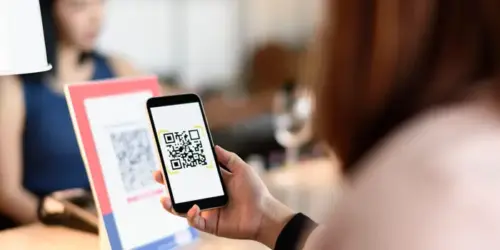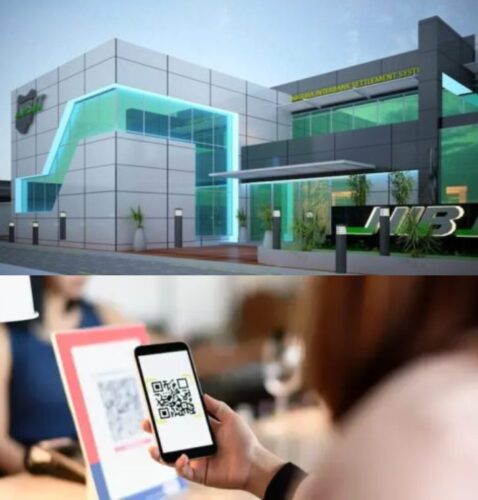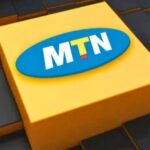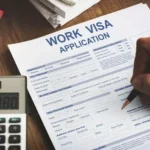
Nigeria’s leading payment switch – NIBSS (Nigeria Inter-Bank Settlement System) – is pushing for Quick Response (QR) codes as a viable cash alternative for low-value transactions. To drive adoption, NIBSS has enhanced its Nigeria Quick Response (NQR) payment platform, improving both speed and security.
At a recent press conference, NIBSS engineers revealed that they had streamlined the QR code payment process by eliminating separate fee queries, significantly boosting transaction speed. Security has also been strengthened through advanced authentication measures, making QR payments safer and more efficient.
To test the possibility of QR payments, NIBSS partnered with the Lagos State government to facilitate bill payments via QR codes. According to Premier Oiwoh, CEO of NIBSS, at least 750,000 bills were paid using QR codes within the first week of deployment.
Recognizing the limitations of smartphones in some areas, NIBSS has also developed a USSD-based product to enable feature phone users access QR payments. QR code transactions imitate cash payments, offering affordability, speed, and instant reversals. Unlike traditional payment methods, QR payments require users to scan with their bank app, adding an extra layer of security.
According to Juniper Research, global QR code transactions are expected to grow by 50% over the next four years, reaching $8 trillion by 2029.

To drive adoption, NIBSS has partnered with Sterling Bank, UBA, and Providus Bank. Some financial institutions are taking proactive steps to encourage usage. For instance, First Bank has integrated NQR payments on the homepage of its First Mobile App, a move that significantly boosted QR transactions.
“We saw a spike in usage the moment we placed NQR on the landing page,” a First Bank representative shared, emphasizing how thoughtful user interface design can drive adoption.
Similarly, Sterling Bank has introduced a self-onboarding app for merchants, allowing them to register, generate QR codes instantly, and print stickers—a model reminiscent of Alipay’s strategy in China, where QR payments became widespread through small businesses and street vendors.
Enhancing Merchant Experience
One of the biggest concerns for merchants is transaction confirmation. During Nigeria’s 2023 cash crunch, fintech firms like OPay, PalmPay, and Moniepoint gained millions of customers by ensuring reliable transaction confirmations, while commercial banks faced challenges.
To address this, Providus Bank has introduced receipt printing for QR transactions, while NIBSS is developing the NQR Soundbox—a device that provides audio confirmation for successful payments.
Soundboxes have proven successful in India, where Paytm deployed 6.8 million devices and generated $150 million from subscriptions in Q3 2023 alone. A demonstration of the NQR Soundbox showed that it could announce transactions audibly over a 50-meter distance and store past transaction logs, helping merchants reconcile payments easily.
The Future of QR Payments in Nigeria
The widespread adoption of QR payments will depend on how effectively merchants can accept payments securely, quickly, and transparently. A strong network effect—where merchants and customers organically drive adoption—could solidify NQR’s role in Nigeria’s digital payment ecosystem, achieving growth beyond what traditional marketing alone can accomplish.



